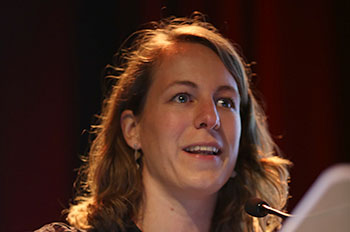Feasibility study for the installation of a digital video control for anticancer injectable preparations
5 October 2016
G. Le Roch, C. Guillemot, A. Grand, Y. Cretu, F. Puisset, J-M. Canonge Institut Universitaire du Cancer 1, avenue Irène Joliot-Curie 31100 Toulouse, France
The digital video control (DVC) looks promising for the control of anti-cancer preparations, but entails a risk of preparation extra time, which raises the question of the feasibility of implanting the DVC large scale. Today our standard anticancer preparations (SA) are controlled in part by analytical control (AC) as our anticancer preparations in clinical trials (ACT) are controlled by dual visual inspection. In the desire to improve our monitoring capability we performed a feasibility study of implantation of a DVC system in comparison with scalability of an AC.
Methods
- Measuring time of preparation steps and AC
- Determination of average preparation and DVC (presentation / video detection) from provider data.
- Simulation of the average preparation time and control achieved with previous data according to 2 scenarii:
- AC generalization
- DVC implementation
Results
With an average time of 3min20s / preparation and an AC period between 3 and 13 min, AC generalization results between 6 and 26 h time of daily overtime. With an average time of presentation and video detection of 47 s / preparation, implementation DVC would entail an additional 5 hours of preparation time per day. For ACT preparation, the DVC add on average 60s / preparation is 20min daily.
Discussion/Conclusion
Given this model, we considered installing a digital video monitoring feasible. These results will be compared with actual data of our qualification phases planned for July 2016.